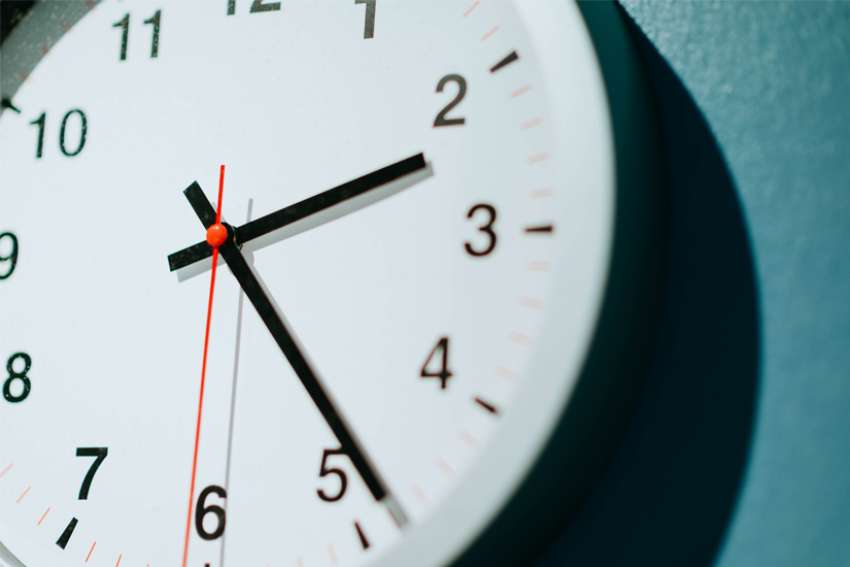I was at the National Post covering religion and ethics when I first read a story about assisted suicide in Oregon, one of the first jurisdictions to offer such a service. That was about 12 years ago. At the same time polls in Canada were showing a majority of Canadians wanted something similar.
My faith aside, the idea of putting down human beings struck me as something out of the Third Reich. I sensed that if Canada legalized state-sponsored death there would be a huge slippery slope. Unfortunately, I was right.
But one element of this just recently crossed my mind: Legalized euthanasia reveals a society that lacks creativity, imagination and courage. Killing patients is the lazy way out. Because of our own aversion to suffering and death we conclude it’s best handled through a syringe filled with poison. Problem solved.
For centuries medicine was intent on getting better at curing and comfort. And those efforts bore fruit. In the early 1970s, a system of care was developed to deal with those who were terminal. Dr. Balfour Mount of Montreal coined the term “palliative care.” His intent was to provide quality of life up until the moment of death.It affirmed that every hour of life, even the last hours, was important.
What we have now instead is a belief that life in the days, weeks and months before death is meaningless. Instead of finding better ways to help the sick and the dying, we now prefer to snuff out that life before things get messy.
It is easy to blame those politicians who brought in the legislation that made killing patients legal. I’ve done that many times. However, they are able to get away with it because most Canadians think it’s a great idea.
In the five years since the first euthanasia bill was passed it has evolved from a system meant for those near death to one in which pain alone is requirement. In two years, it will be available to the mentally ill. Beyond that my guess is teens will be next.
All of us are going to die. It sounds ridiculously obvious to say that but it’s an absolute reality that most of us never want to give a thought to. To talk about death is considered morbid. Yet, I believe that it is death that haunts all of us. Not so much the act of dying but the fear of what might come first — pain, the lack of independence and loss of dignity.
Over the years I have talked to palliative doctors who have said that it’s the fear of pain rather than pain itself that worries those who are dying. I have dealt with severe and at times crippling pain for years. I’m no hero but I amazed myself in my ability to handle it and even learn from it.
The worry about losing independence and dignity, to me, is off. Many of us will take care of family and friends when they need us most and never judge them because they are no longer as independent as they once were. Nor would most of us think they now lack dignity. So then why is it when we are gravely ill we think we’ll be a burden or lose our dignity if someone helps us?
Those who support euthanasia argue it is their choice and the rest should keep morality out of it. They say they are autonomous but they forget that when they go they will leave behind others who will miss them terribly. And those friends and family left behind will ask themselves whether they could have done more. They will feel guilt.
The truth is, we could have done more. We could have demanded of our leaders first-class palliative care, rather than death as a solution. Why in a rich country is palliative care only available to 30 per cent of those who want it?
Imagine a system in which state-approved suicide would be a last resort not the norm. Imagine what it would be like to know that when our time comes we would be well taken care. In that world we would eventually lose our fear of death. We would see those who are going before us cared in a way that would give us comfort too.
In the meantime science can develop better pain medication. Cancers that once were lethal will more easily go into remission or be cured. The last hours of our life would be just as important as the first hours. Life would be viewed once again as sacred.
Imagine that world.
(Lewis is a Toronto writer and regular contributor to The Register.)


